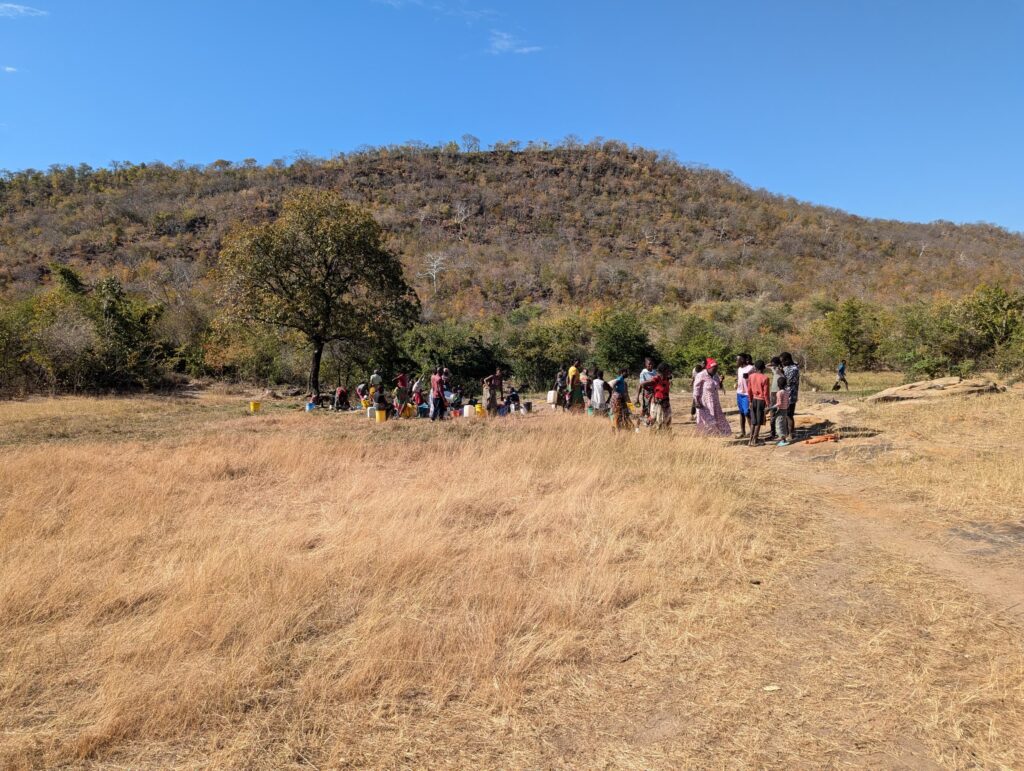We define alternative livelihood projects as interventions that seek to alleviate a human threat to biodiversity or natural resources through providing and encouraging the use of an alternative resource; an alternative occupation; or an alternative lower impact method of exploitation.
Livelihoods of a large number of households in Zambia depend on environmental resources. On the other hand, excessive reliance of households on environmental resources for their sustenance has already lead to high rates of deforestation and forest degradation in Zambia.
Alternative livelihood projects are used by of organisation as a tool for achieving biodiversity conservation. However, despite characterizing many conservation approaches, very little is known about what impacts (if any) alternative livelihood projects have had on biodiversity conservation, as well as what determines the relative success or failure of these interventions.
For example; an approach encouraging alternative method of exploiting a resource that has a lower impact may include the promotion of fuel-efficient stove to reduce demand on fire wood. Or vulnerable families who derive their livelihoods mainly from selling firewood and charcoal, the alternative project would be to provide youth & women groups with income generating activities that create alternative means of livelihoods.
Alternative livelihood projects are sometimes stand-alone initiatives and at other times part of a broader integrated conservation and development (ICD) programme. In all cases, the alternative livelihood initiatives share a common objective: to provide local people with an alternative means of making a living that reduces pressure on a particular element of natural resources.
Alternative livelihood findings support income generating activities can lead to improvements in household’s well-being as well as reduction in environmental degradation.
The question is, do you really think continuation of alternative livelihood project support to communities will improve their well-being and reduce environmental degradation?



